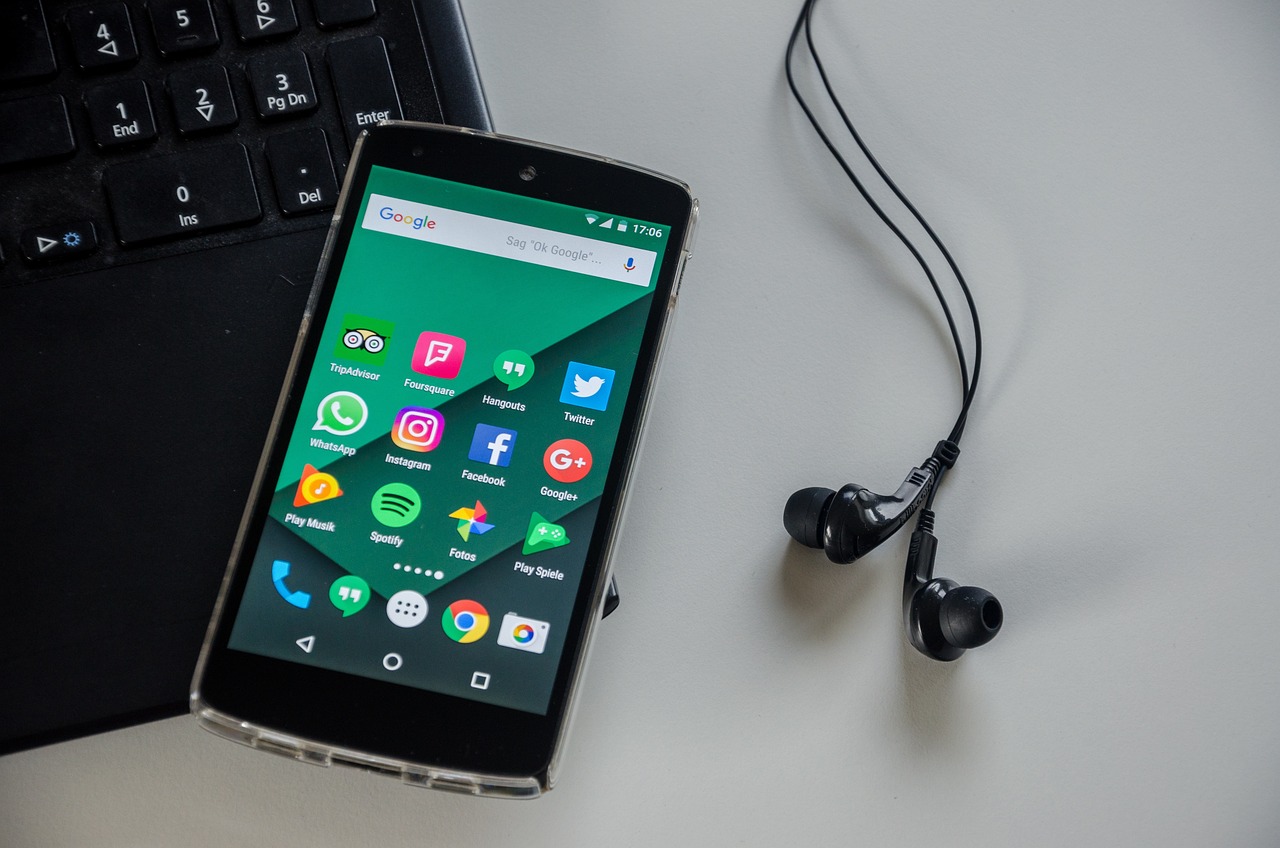
Parenting in the Digital Age: The Rising Need for Parental Control Apps
Posted by on 2024-01-05
As we navigate the modern landscape of parenting, a new challenge presents itself: Parenting in the Digital Age. With children now having unprecedented access to internet-connected devices, parents are finding that traditional methods of supervision may no longer be sufficient. This has led to a rising need for parental control apps, tools designed to help manage and monitor children's digital activity.
In this era where smartphones and tablets have become ubiquitous even among the younger population, "screen time" is not only inevitable but also an intricate part of their daily lives. These high-tech gadgets offer a multitude of benefits — from educational resources to communication tools — however, they also expose our children to potential risks like inappropriate content, cyberbullying, or excessive screen time that could affect their sleep patterns and overall health.
Nowadays, more than ever before, it seems impossible for parents to keep track of everything their child does on these devices. The digital world is vast and constantly evolving - with social media platforms emerging overnight and online trends changing by the minute. For many parents, it feels like they're playing catch-up in a game where the rules are always changing.
This conundrum gives rise to what many see as a solution: parental control apps. Such applications work by giving parents visibility into their child's digital activities—from monitoring browsing history and social media usage to setting limits on screen time—giving them greater control over how their child interacts with technology.
Take for example Qustodio – an app that allows you to view your child’s smartphone activity in real-time. You can set rules on when your kid can use his/her device or block certain websites entirely. Applications like Net Nanny further allow you to filter out offensive content ensuring your kids aren't exposed unintentionally.
However, along with these benefits come some concerns about privacy and trust issues between parent and child. Critics argue that using such apps might inadvertently send out a message that parents do not trust their children, thereby harming the parent-child relationship.
Despite these concerns, it's becoming increasingly clear that parental control apps are not just about spying or invading privacy. Rather they provide parents with a tool to help guide children through the digital world safely and responsibly. They can also serve as an opportunity for open communication about online safety and responsible internet usage.
In conclusion, parenting in the digital age is undoubtedly challenging. As technology continues to evolve at a pace faster than ever before, it’s necessary for parents to be proactive in ensuring their child’s digital wellbeing. Parental control apps offer a viable solution in this regard, helping parents navigate this new terrain of parenting while fostering safe and healthy digital habits among our youth.